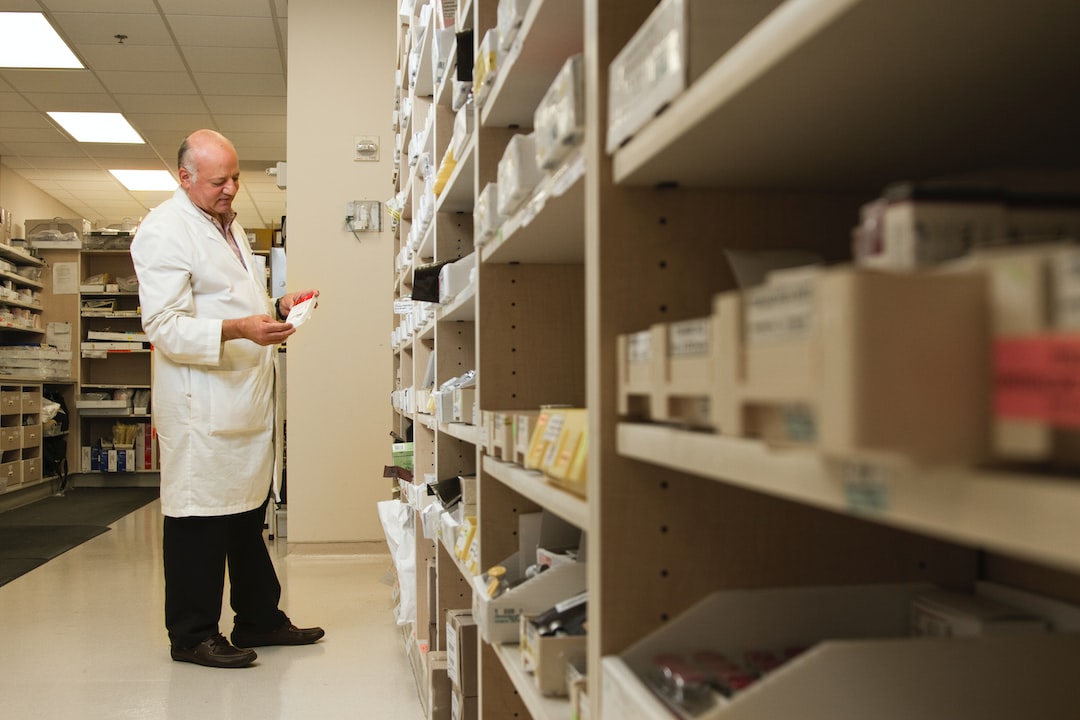5 Reasons Why Pharmacists Are Essential Healthcare Providers
Pharmacists can improve medication management by providing educational and behavior counseling, improving adherence, preventing misuse, and other pharmacist-provided interventions. They also play a crucial role in team-based care models, which can improve outcomes and reduce demand for physician-provided care. The unique assets pharmacists bring are being increasingly recognized within healthcare systems. However, more effort is needed to utilize pharmacists’ skills and services fully.

Patient Education
In an age of misinformation and “alternative truths,” Chris Manfuso reiterated that pharmacists provide patients with reliable, up-to-date health information they can trust. Whether in person or through telepharmacy, they are a resource that can help patients navigate complex disease management plans and improve medication adherence.
Pharmacists are also uniquely positioned to monitor outbreaks of known and novel diseases. By having real-time communication links with public health and primary care authorities, pharmacies can detect surges of patients with acute and chronic illnesses. They can quickly fill in gaps with limited testing and vaccination services (including dispensing the recently approved COVID-19 vaccines). This role is increasingly important, particularly with physician shortages. However, this requires deeper pharmacy integration with the public health infrastructure, a clear opportunity for future growth.
Patient Counseling
A patient’s understanding and compliance with medication regimens are critical to the healthcare system. Noncompliance costs the US healthcare system about 290 billion dollars annually.
Pharmacists can help increase patient adherence to their medication regimens by emphasizing the importance of the therapy and encouraging patients to contact their physician with any questions or concerns. Pharmacists can also offer educational materials and resources. In addition to direct patient counseling, pharmacists can participate on various committees within their institution, including accreditation mock surveys and audits, quality management, pain management, education, training, and safety. They also participate on various public health boards. Increasingly, the role of pharmacists is being recognized at local, state, and federal levels as well. They are a key component in developing legislation and plans that address local and worldwide healthcare needs.
Medication Management
With a growing number of available medications and the likelihood of interactions, patients often feel overwhelmed when managing their medication. Patients and primary care providers may worry about getting the right dose or the possible side effects of taking multiple medications. A comprehensive medication management strategy (CMM) can improve adherence and outcomes by ensuring that the correct medications are being taken as prescribed. This includes the review of over-the-counter and prescription medications, dietary supplements, vitamins, and other natural products that could interact with a patient’s existing treatments.
Pharmacists are also responsible for ensuring that their healthcare system’s drug regulations are adhered to and are a source of critical information for other departments and committees. This is especially useful in the event of a bioterror attack or pandemic.
Preventive Care
Pharmacists play a key role in public health initiatives by conducting health screenings and providing primary prevention through education. They are readily accessible in many American communities. They can help preserve scarce hospital and emergency setting resources by limiting unnecessary visits for common ailments, such as flu, strep throat, and COVID-19.
They have great experience in identifying risk areas within the medication management process and can develop and implement new processes and systems to reduce errors. As such, they are an excellent choice to serve on committees that ensure adherence to regulatory standards regarding medication-related measures.
Emergency Care
Pharmacists have the most expansive knowledge base among healthcare professionals about medications and their adverse effects, interactions, proper dosage, and monitoring parameters. This core knowledge is critical to any system redesign activities that will likely impact medication management in an institution. Similarly, pharmacists are aware of drug costs and are typically the institution’s source for information regarding the best ways to use an institution’s resources in medications. Their insights may improve inventory control, distribution, and other quality initiatives.


